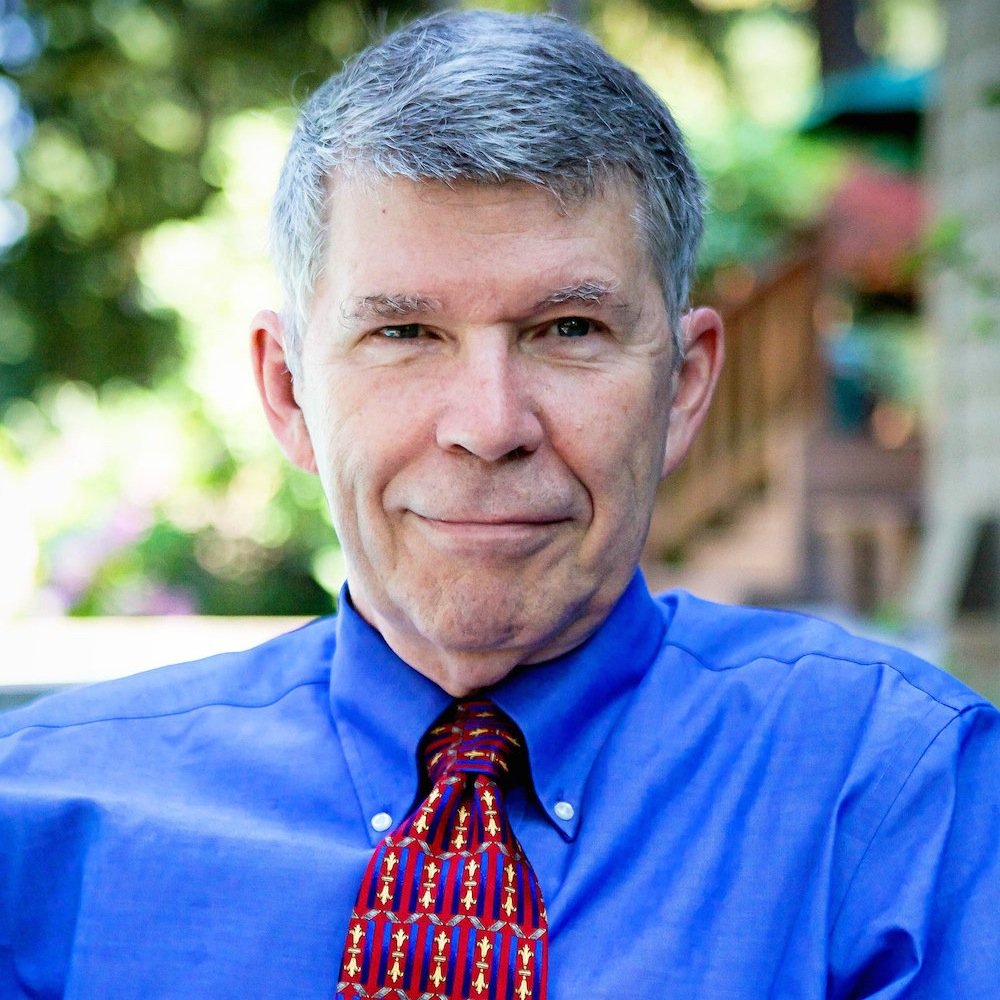 Anthony Biglan, Ph.D.
Anthony Biglan, Ph.D.
Anthony Biglan, PhD, is a Senior Scientist at Oregon Research Institute. His research over the past 30 years has helped to identify effective family, school, and community interventions to prevent the most common and costly problems of childhood and adolescence.
Dr. Biglan is a former president of the Society for Prevention Research. He was a member of the Institute of Medicine Committee on Prevention, which released its report in 2009 documenting numerous evidence-based preventive interventions that can prevent multiple problems. His recent review of preventive interventions concluded that diverse psychological, behavioral, and health problems can be prevented through the promotion of nurturing families, schools, and communities.
Dr. Biglan’s book, The Nurture Effect: How the science of human behavior can improve our lives and our world (New Harbinger Publications) describes the progress that behavioral science has made in the past fifty years in improving human wellbeing
 James Coan, Ph.D.
James Coan, Ph.D.
Dr. James Coan is Associate Professor of Clinical Psychology and Director of the Virginia Affective Neuroscience Laboratory at the University of Virginia. Dr. Coan has consulted for clinicians, businesses and researchers, working with groups as diverse as the Stanford University Psychiatry Department, the Oregon Social Learning Center, Linkage Inc., the University of Arizona Communication Department, InsightLabs, Cambridge International Consulting, the Anna Freud Center, the Kurt Lewin Institute, Community of Democracies, Creating Connections, and the Mindsight Institute. He is co-editor of the Handbook of Emotion Elicitation and Assessment and has authored more than fifty scientific articles. He has been featured in Science, Nature, the New York Times, The Washington Post, Time Magazine, the New Yorker, The Atlantic, BBC News, Discovery Channel, New Scientist, Scientific American, CBS Sunday Morning, and other major media outlets. Dr. Coan received the inaugural Janet Taylor Spence Award for Transformative Early Career Contributions from the Association for Psychological Science, and the Award for Distinguished Early Career Contributions from the Society for Psychophysiological Research. He is also Chief Scientific Advisor at Movius Consulting.
Pamela J Crooke, Ph.D., CCC-SLP
Dr. Pamela Crooke is the Chief Strategy Officer and a Senior Therapist at the Social Thinking Center in Santa Clara, CA. She is the co-author (with Michelle Garcia Winner) of four award-winning books related to Social Thinking. She has served on the clinical faculty of three universities and worked in the Arizona public schools for 15 years. Her current areas of research include Practice-based research and Implementation Science related to the Social Thinking methodology.
Lisa M. Diamond, Ph.D.
Lisa M. Diamond is Professor of Psychology and Gender Studies at the University of Utah. She studies the development and expression of sexual identity and orientation over the life course and the psychobiological mechanisms through which close relationships influence physical and mental health. Dr. Diamond is best known for her research on sexual fluidity, which describes the capacity for individuals to experience shifts in their pattern of same-sex and other-sex attraction over time. Her 2008 book, Sexual Fluidity, published by Harvard University Press, describes the changes and transformations that she has observed in the sexual attractions, behaviors, and identities of a sample of lesbian, bisexual, and “unlabeled” women that she has been following since 1995. Sexual Fluidity has been awarded the Distinguished Book award from the American Psychological Association’s Society for the Study of Lesbian/Gay/Bisexual/Transgendered Issues. Dr. Diamond has received numerous other awards for her work from the American Association of University Women, the Society for the Scientific Study of Sexuality, the Society for the Psychological Study of Social Issues, and the American Psychological Association. Dr. Diamond has published over 80 articles and book chapters, and has been invited to present her researach at over 60 Universities and international conferences. Dr. Diamond has been awarded grants in support of her research from the National Institute for Mental Health, The W.T. Grant Foundation, the American Psychological Foundation, the American Institute for Bisexuality, and the Gay and Lesbian Medical Association.
 Mark R. Dixon, Ph.D.
Mark R. Dixon, Ph.D.
Dr. Mark R. Dixon, BCBA-D, is a Professor and Coordinator of the Behavior Analysis and Therapy Program at Southern Illinois University. For the past ten years he has also served as the Director of an SIU initiative (Behavioral Consultant Group) to infuse behavior analysis within schools, alternative education, and residential facilities serving individuals with autism and other developmental disabilities. Mark also runs the Language and Cognition Development Clinic at SIU that delivers RFT and ACT interventions to children with autism on a daily basis. Dr. Dixon has published 10 books, over 150 peer reviewed journal articles, and delivered over 500 presentations nationally and internationally. Dr. Dixon is recognized as one of the most skilled programmers of behavior analysis research and data collection systems worldwide. His software has been distributed across many countries and has been translated into foreign languages. Mark has been the Editor of the peer-reviewed journals, Behavior Analysis in Practice and Analysis of Gambling Behavior. He is also a former Associate Editor for Journal of Applied Behavior Analysis and Associate Editor for the Journal of Organizational Behavior Management. Mark’s research and/or expert opinions have been featured in Time Magazine, Newsweek, The New York Times, National Public Radio, This American Life, and local affiliates of ABC, CBS, PBS, and the Southern Illinoisan. Most recently Dr. Dixon has developed an animal laboratory which uses cockroaches and octopuses as models of the applied challenges associated with autism.
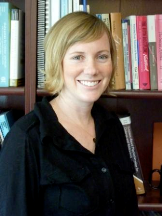 Shannon Dorsey, Ph.D.
Shannon Dorsey, Ph.D.
Shannon Dorsey, Ph.D., is Associate Professor in the Department of Psychology, Adjunct Associate Professor in the Department of Global Health, and a Licensed Clinical Psychologist at the University of Washington. Her research is on evidence-based treatments (EBT) for children and adolescents, with a particular focus on dissemination and implementation of EBT domestically and internationally. Her work has often focused on Trauma-focused Cognitive Behavioral Therapy (TF-CBT), with hybrid research designs that include both effectiveness and implementation questions. Research has focused on adaptation for unique populations (e.g., foster care) and on training and supervision strategies to deliver TF-CBT and other EBT. Dr. Dorsey is a Principal Investigator on two NIH-funded randomized controlled trials (RCT) involving TF-CBT, both of which include implementation and clinical outcome research questions. The first, in Washington State, studies the role of supervisors in public mental health settings in supporting EBT with clinicians under their supervision. It includes both a descriptive study of common supervision practices and a RCT of supervision strategies. The second, in Tanzania and Kenya, is a RCT of TF-CBT using a task-shifting/task-sharing model in which lay counselors, with little to no prior mental health training, deliver group-based TF-CBT to children and adolescents who have experienced the death of one or both parents, under close supervision by local supervisors, themselves supervised by TF-CBT experts. Dr. Dorsey is also involved in common elements EBT training initiatives and research both in Washington State and internationally, in low and middle income countries. With colleagues at Johns Hopkins Bloomberg School of Public Health, she is involved in RCT and feasibility studies in Southern Iraq, the Thailand-Burma border, Colombia, Zambia, and Ethiopia. dorsey2.png (69 KB
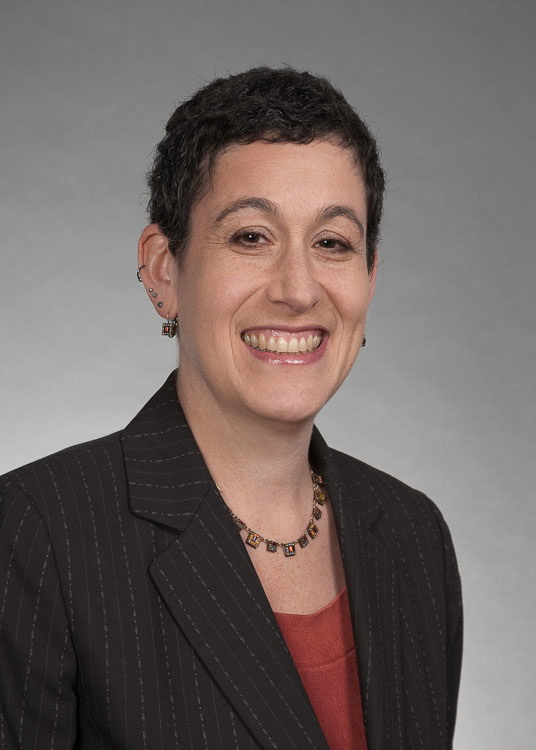 Debra Kaysen, Ph.D.
Debra Kaysen, Ph.D.
Dr. Kaysen is a clinical psychologist, and a Professor in the Department of Psychiatry & Behavioral Sciences at the University of Washington, with adjunct positions in the Global Health and Psychology Departments. She is the Director of the Trauma Recovery Innovations Program at the University of Washington, a division dedicated to developing and testing more robust interventions for trauma-exposed populations. Her area of specialty both in research and clinical work is in the care of those who have experienced traumatic events including treatment of PTSD and comorbid disorders. Dr. Kaysen is board certified in in cognitive and behavioral psychology by the American Board of Professional Psychology. Dr. Kaysen is a trainer in Cognitive Processing Therapy, an evidence-based treatment for PTSD providing a wide range of CPT workshops in the US, Canada, Australia, and in low- and middle-income countries. Dr. Kaysen is a prolific researcher, publishing 90 refereed articles. Her research predominantly concerns improving treatments for those who have been trauma exposed and increasing access to effective treatments. Other research involves better understanding how people cope following trauma exposure. She has been principle investigator for numerous federal grants. She has been involved in international studies to adapt evidence-based treatments for trauma-exposed populations for use in low- and middle-income settings. She is currently the Vice President for the International Society for Traumatic Stress Studies and is the Depression Therapy Research Endowed Professor for the Department of Psychiatry at University of Washington.
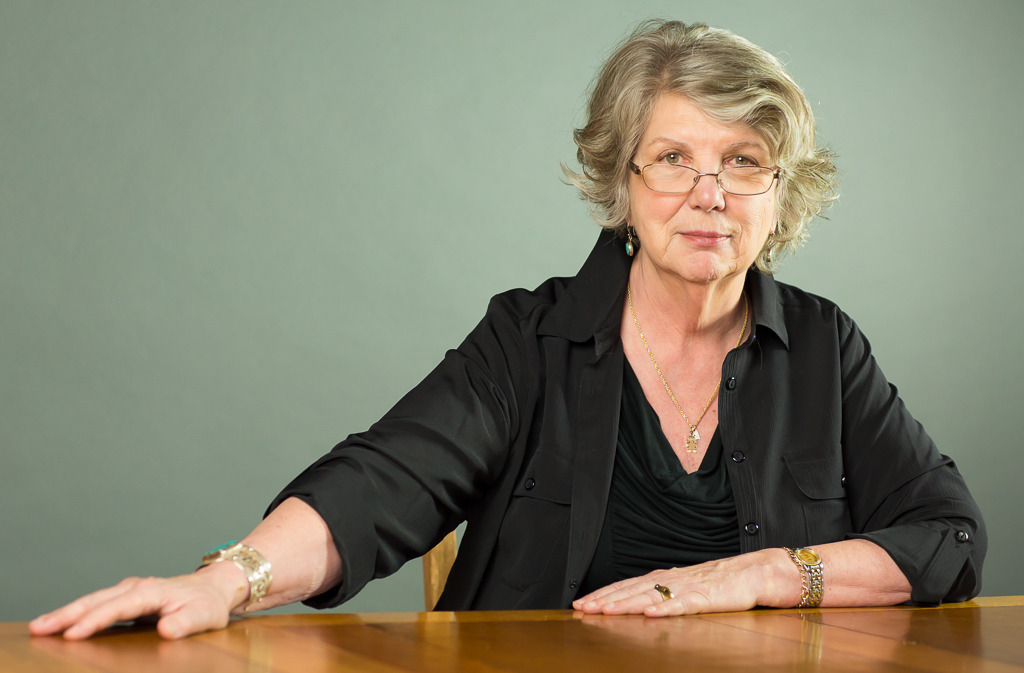
Marsha Linehan, Ph.D., ABPP
Marsha Linehan PhD, ABPP, is Professor of Psychology and of Psychiatry and Behavioral Sciences and is Director of the Behavioral Research and Therapy Clinics at the University of Washington where her primary research is in the development and evaluation of evidence-based treatments for high suicide risk, multi-diagnostic and difficult to treat populations with severe mental disorders. Together with the non-profit Linehan Institute and Behavioral Tech Research, Inc both of which she founded, she is also highly involved in developing effective means of disseminating evidence based behavioral treatments to all those who need them.
Dr. Linehan is the recipient of the Louis I. Dublin Award for Lifetime Achievement in the Field of Suicide, the Distinguished Research in Suicide Award from the American Foundation of Suicide Prevention and the International Academy of Suicide Research Morselli Medal for lifetime achievement in the field of suicide research.
In her honor, the American Association of Suicidology created the Marsha Linehan Award for Outstanding Research in the Treatment of Suicidal Behavior. She has also been recognized for her clinical research including the Distinguished Scientist Award from the Society for a Science of Clinical Psychology, the award for Distinguished Scientific Contributions to Clinical Psychology from the Society of Clinical Psychology and awards for Distinguished Contributions to the Practice of Psychology from the American Association of Applied and Preventive Psychology and for Distinguished Contributions for Clinical Activities from the Association for the Advancement of Behavior Therapy. The American Psychological Foundation awarded her the Gold Medal Award for Life Achievement in the Application of Psychology, is the recipient of the Association for Psychological Science APS James McKeen Cattell Award, 2014 and is the only Ph.D. to be honored with the National Alliance for Mental Health (NAMI) Research Science Award 2015.
She is the past-president of both the Association for the Advancement of Behavior Therapy and of the Society of Clinical Psychology, Division 12, American Psychological Association. Dr. Linehan is a graduate of Loyola University of Chicago and was trained in spiritual direction under Gerald May and Rev. Tilden Edwards at the Shalem Institute in Washington, D.C. and is a Zen master (Roshi) in both the Empty Cloud Sangha under Willigis Jaeger Roshi (Germany) as well as in the Diamond Sangha (USA). She teaches mindfulness via workshops and retreats for health care providers.
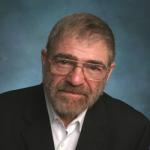 Robert Kohlenberg, Ph.D.
Robert Kohlenberg, Ph.D.
Dr. Kohlenberg received his doctorate at UCLA and is a Professor of Psychology at the University of Washington where he served as the Director of Clinical training. He is certified by the American Board of Professional Psychology and received the Washington State Psychological Association’s Distinguished Psychologist Award. He is the co-originator of Functional Analytic Psychotherapy (FAP), has attained research grants for FAP treatment development, has co-published many papers and several books, including Functional Analytic Psychotherapy: A guide for creating intense and curative therapeutic relationships.
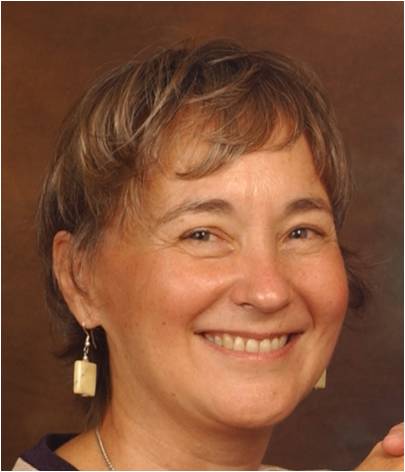 Sue McCurry, Ph.D.
Sue McCurry, Ph.D.
Sue McCurry is Research Professor and Vice-Chair of Research at the University of Washington School of Nursing Department of Psychosocial and Community Health, and Adjunct Research Professor in Psychiatry and Behavioral Sciences. She received her PhD at University of Nevada Reno in 1991, and was in Steve Hayes’ lab when ACT was still called “Comprehensive Distancing.” As part of the UW Northwest Research Group on Aging team, she has worked to help develop, systematically evaluate, and translate non-pharmacological interventions to improve quality of life for older adults, including persons with cognitive impairment. Dr. McCurry is a fellow in the Gerontological Society of America. She is author on over 150 scientific articles and peer-reviewed chapters, two books plus one APA video designed to help family caregivers and health care professionals provide more effective and compassionate care to cognitively impaired individuals and caregivers, and investigator on 31 Federal, State, and foundation grants related to aging and dementia. Her ongoing research includes (1) development and evaluation of training programs for family and professional staff working with persons with cognitive impairment, including homeless individuals; (2) examination of the environmental, behavioral, and psychosocial factors associated with successful physical and cognitive aging; and (3) assessment and treatment of sleep disturbances in older adults with co-morbid medical conditions including Alzheimer’s disease, chronic pain, and menopausal vasomotor symptoms.
 Kristin Neff, Ph.D.
Kristin Neff, Ph.D.
Kristin Neff is currently an Associate Professor of Educational Psychology at the University of Texas at Austin. She is a pioneer in the field of self-compassion research, conducting the first empirical studies on self-compassion over a decade ago. In addition to writing numerous academic articles and book chapters on the topic, she is author of the book "Self-Compassion: The Proven Power of Being Kind to Yourself," released by William Morrow, and the 6 CD audio set called “Self-Compassion Step by Step,” released by Sounds True. In conjunction with her colleague Dr. Chris Germer, she has developed an empirically supported eight-week training program called Mindful Self-Compassion, and offers workshops on self-compassion worldwide. Kristin is also featured in the bestselling book and award-winning documentary The Horse Boy, which chronicles her family’s journey to Mongolia where they trekked on horseback to find healing for her autistic son.
 Mavis Tsai, Ph.D.
Mavis Tsai, Ph.D.
Dr. Tsai, co-originator of FAP, is a clinical psychologist in independent practice, and also works at the University of Washington as a research scientist and as the director of the FAP Specialty Clinic within the Psychological Services and Training Center. She has co-authored four books and over 50 articles, and received the 2014 Washington State Distinguished Psychologist Award in recognition of significant contributions to the field of Psychology. She is on the Fulbright Senior Specialists Roster, has presented “Master Clinician” sessions at the Association for Behavior and Cognitive Therapy, has led numerous workshops nationally and internationally, and trains clinicians all over the world in FAP via Skype.
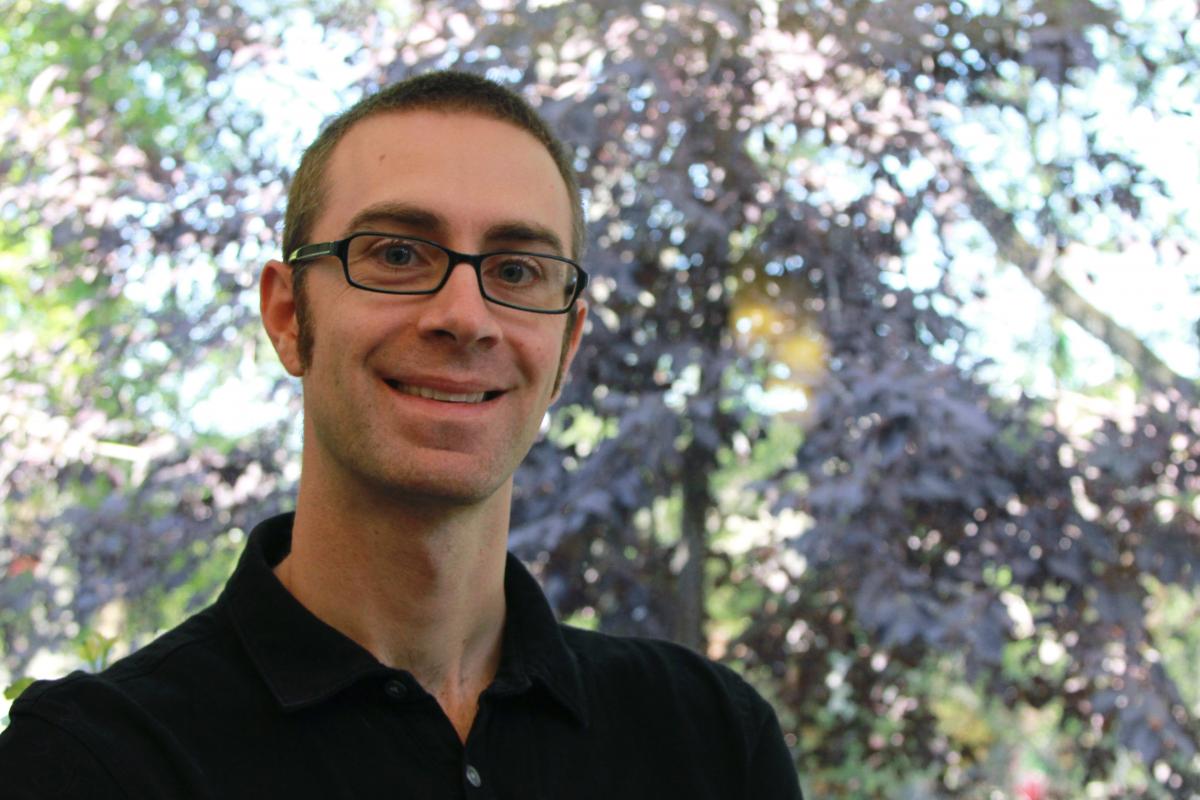 Michael P. Twohig, Ph.D.
Michael P. Twohig, Ph.D.
Michael P. Twohig, Ph.D. is a licensed psychologist in the state of Utah and an Associate Professor of Psychology at Utah State University. He received his B.A. and M.S. from the University of Wisconsin-Milwaukee, his Ph.D. from the University of Nevada, Reno, and completed his clinical internship at the University of British Columbia Hospital. He is currently the president of the Association of Contextual Behavioral Science His research primarily focuses on the use of ACT across a variety of clinical presentations. He has published over 100 scholarly works including two books: An ACT-Enhanced Behavior Therapy approach to the Treatment of Trichotillomania (with Woods) and ACT Verbatim for Depression and Anxiety (with Hayes). His research has been funded through multiple sources including the National Institute of Mental Health. His work is generally in the area of clinical behavior analysis.
 David Sloan Wilson, Ph.D.
David Sloan Wilson, Ph.D.
David Sloan Wilson is SUNY Distinguished Professor of Biology and Anthropology at Binghamton University. He applies evolutionary theory to all aspects of humanity in addition to the rest of life, both in his own research and as director of EvoS, a unique evolutionary studies program that has received NSF funding to expand into a nationwide consortium. His books include Darwin’s Cathedral: Evolution, Religion, and the Nature of Society, Evolution for Everyone: How Darwin’s Theory Can Change the Way We Think About Our Lives, and The Neighborhood Project: Using Evolution to Improve My City, One Block at a Time and Does Altruism Exist? Culture, Genes, and the Welfare of Others.
